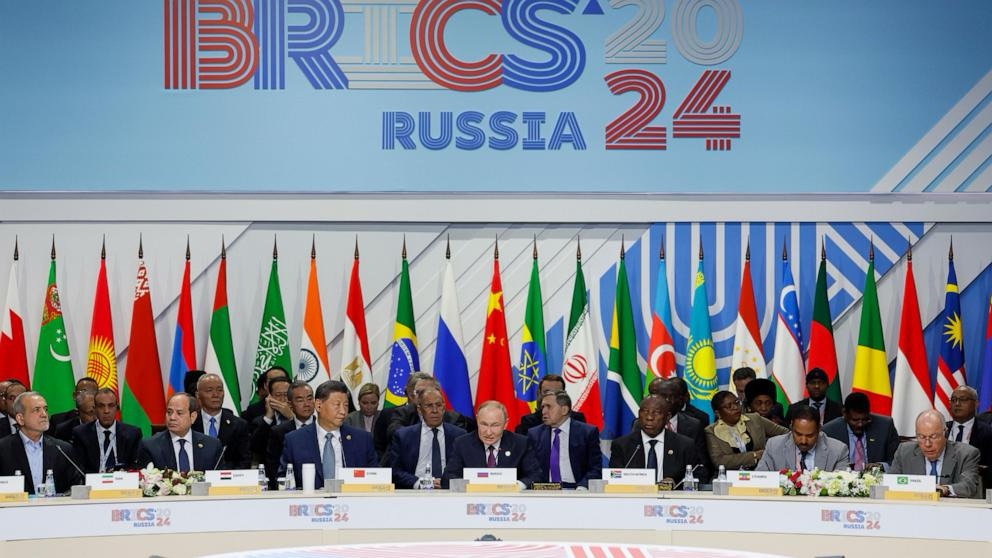Brazil has officially announced Nigeria’s admission as a partner country in the BRICS bloc, marking a significant milestone in Nigeria’s economic and diplomatic ambitions. The announcement was made during a joint press conference by Brazilian President Luiz Inácio Lula da Silva and Nigerian President Bola Ahmed Tinubu. Nigeria’s inclusion as a partner country positions it alongside major emerging economies like Brazil, Russia, India, China, and South Africa, signaling a shift in global economic dynamics.

The decision to admit Nigeria stems from its strategic importance as Africa’s largest economy and most populous nation. With a rapidly growing consumer market, abundant natural resources, and a strategic geopolitical position, Nigeria brings substantial economic potential to the bloc. As a BRICS partner, Nigeria is expected to benefit from increased trade, investment opportunities, and access to development funds aimed at fostering sustainable growth in emerging markets.
Nigeria’s admission also strengthens BRICS’ representation on the global stage. By integrating Africa’s largest economy, the bloc enhances its influence and positions itself as a more comprehensive voice for developing nations. This move is expected to bolster BRICS’ advocacy for a more equitable international financial system and reduce dependency on Western-led institutions such as the International Monetary Fund (IMF) and World Bank.
While Nigeria’s inclusion has been celebrated as a diplomatic victory, it also comes with significant responsibilities. As a BRICS partner, Nigeria will need to address internal challenges such as corruption, infrastructure deficits, and security concerns to fully capitalize on the opportunities presented. Analysts note that Nigeria’s active participation in the bloc will depend on its ability to implement reforms and maintain political stability.
The announcement has been met with optimism across Africa, with many seeing Nigeria’s inclusion as a recognition of the continent’s growing importance in global affairs. It also raises hopes for deeper cooperation between BRICS countries and African nations. As Nigeria steps into its role as a BRICS partner, the move is expected to reshape its international relations and further solidify its position as a key player in the global economy.